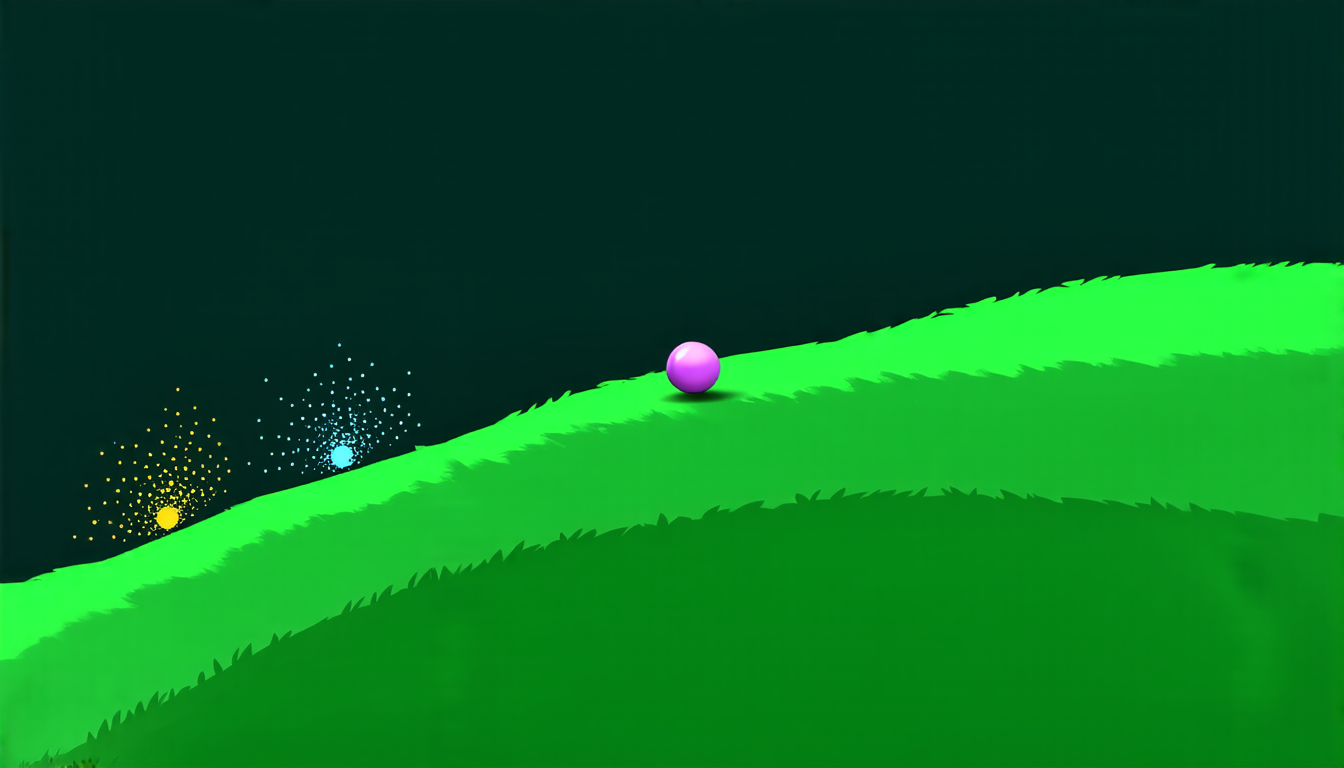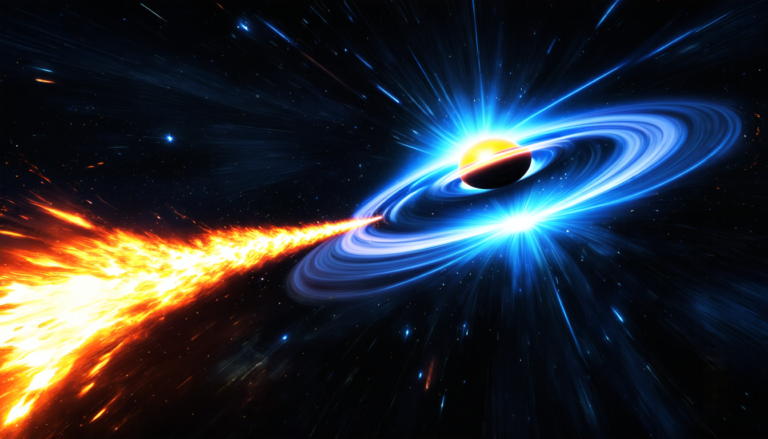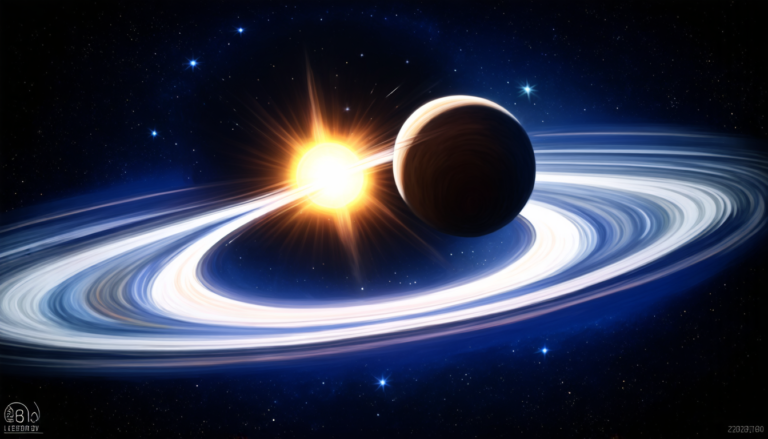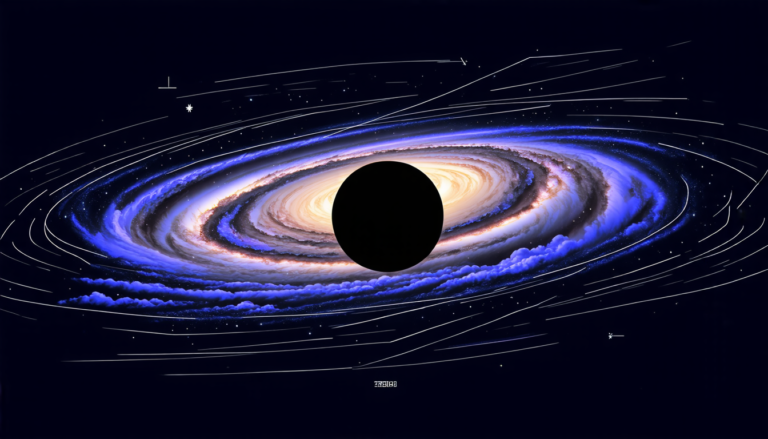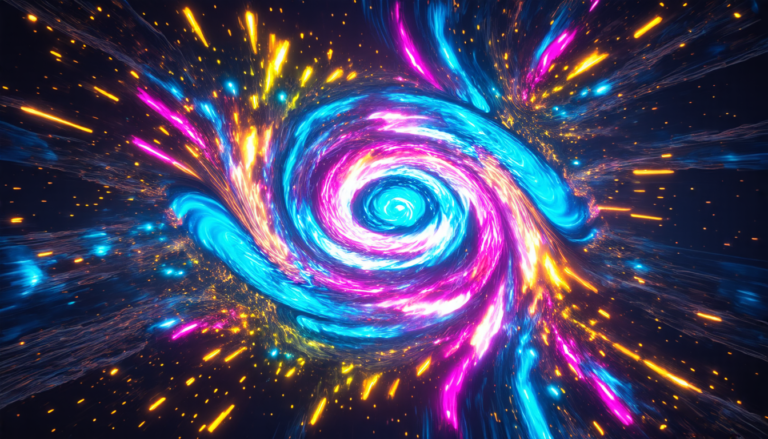Wednesday 09 April 2025
A fundamental shift in our understanding of classical mechanics has been proposed by a team of physicists, who argue that it is not a separate paradigm, but rather an emergent compression of quantum information.
Classical mechanics, the branch of physics that describes the behaviour of macroscopic objects such as balls and rocks, is often seen as a distinct entity from quantum mechanics, which deals with the tiny building blocks of matter. However, this division has always been somewhat arbitrary, with many physicists acknowledging that classical mechanics is simply an approximation of quantum mechanics in certain limits.
The new research takes this idea further by suggesting that classical mechanics is not just an approximation, but a fundamentally different representation of reality that emerges from the loss of quantum information. In other words, classical mechanics is not a separate theory, but rather a compressed version of quantum mechanics that arises when certain types of quantum correlations are discarded.
The team used a combination of mathematical techniques and physical principles to demonstrate how this compression occurs. They showed that the Kolmogorov complexity of a quantum system – a measure of the length of the shortest program required to generate its description – is exponentially larger than the complexity of its classical counterpart.
This means that while a classical system requires only a limited amount of information to be described, a quantum system contains an enormous amount of information that is not accessible in the classical limit. The team’s findings suggest that this information is lost when a quantum system interacts with its environment, leading to the emergence of classical mechanics as a lower-information representation.
The implications of this research are far-reaching, challenging our understanding of the fundamental nature of reality and the relationship between classical and quantum mechanics. If classical mechanics is indeed an emergent compression of quantum information, then it raises questions about the limits of predictability in the universe and the role of measurement in shaping our perception of reality.
Furthermore, the team’s findings have significant implications for our understanding of the quantum-classical boundary, which has long been a topic of debate among physicists. If classical mechanics is not a separate theory, but rather an approximation of quantum mechanics, then it challenges our traditional view of the quantum world and its relationship to the classical world.
The research also opens up new avenues for exploring the fundamental nature of reality, as scientists seek to understand how information is processed and lost in complex systems. As we continue to explore the mysteries of the universe, this research provides a fresh perspective on the intricate dance between quantum mechanics and classical physics.
Cite this article: “The Quantum Origins of Classical Reality: A New Perspective on the Emergence of the Classical World”, The Science Archive, 2025.
Quantum Mechanics, Classical Mechanics, Emergence, Compression, Information Theory, Kolmogorov Complexity, Quantum Systems, Classical Limit, Measurement, Predictability
Reference: Krzysztof Sienicki, “Classical Mechanics as an Emergent Compression of Quantum Information” (2025).

